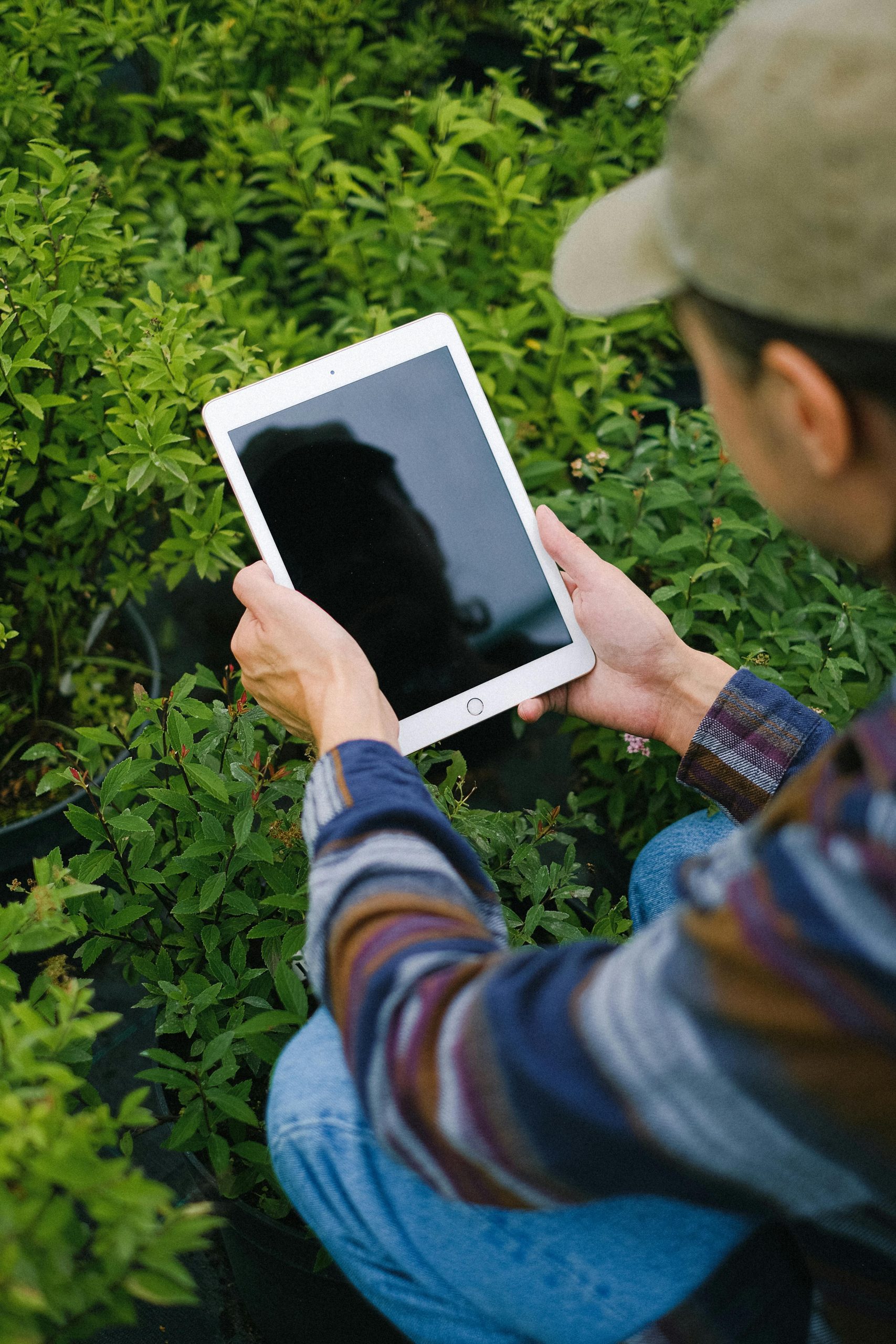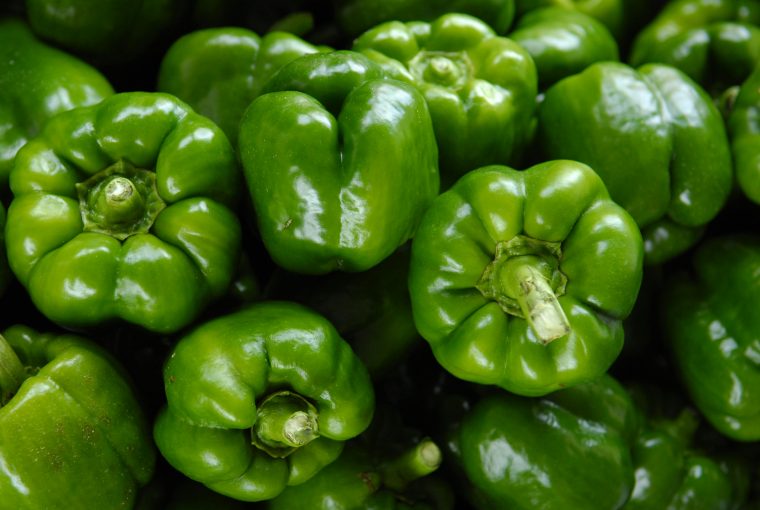Benefits of Capia Pepper

Capia pepper, a type of sweet red pepper, is not just a flavorful addition to your dishes but also a nutritional powerhouse. One of the key benefits of Capia pepper is its high “vitamin C” content, which is essential for boosting the immune system and promoting healthy skin. In fact, Capia pepper contains more vitamin C than many citrus fruits, making it a valuable component of a balanced diet. Additionally, Capia pepper is rich in “vitamin A,” which is crucial for maintaining good vision, particularly in low light, and supports the immune system.
Capia pepper is also packed with “antioxidants” such as “beta-carotene” and “lycopene.” These antioxidants play a vital role in protecting the body from oxidative stress, which can lead to chronic diseases like heart disease and cancer. The anti-inflammatory properties of Capia pepper further contribute to reducing inflammation in the body, which is beneficial for conditions like arthritis. Moreover, the fiber content in Capia pepper supports digestive health, making it a well-rounded addition to your diet.
Capia Pepper Recipe
Capia pepper’s sweet flavor and vibrant color make it an excellent ingredient for various recipes. A simple yet delicious way to enjoy Capia pepper is by making “Grilled Capia Peppers.” To prepare this dish, start by washing and slicing the peppers in half, removing the seeds and stems. Preheat your grill to medium heat. Brush the pepper halves with “olive oil” and season with “salt” and “pepper.” Place the peppers on the grill, skin side down, and cook for about 5-7 minutes, until the skins are slightly charred and the peppers are tender. You can enjoy grilled Capia peppers as a side dish, or slice them into strips and add them to salads, sandwiches, or wraps. For a flavorful twist, drizzle the grilled peppers with balsamic glaze or sprinkle them with “feta cheese” before serving.
How to Store Capia Pepper?
Proper storage is essential to maintain the freshness and flavor of Capia pepper. After purchasing or harvesting, store Capia peppers in the “refrigerator” to keep them crisp and vibrant. Place them in the crisper drawer, where the cooler temperature and humidity will help preserve their texture. Capia peppers can last up to a week when stored in this manner. If you need to store them for a longer period, freezing is a great option. To freeze Capia peppers, wash and dry them thoroughly, then slice or dice them as desired. Spread the pieces on a baking sheet in a single layer and freeze for about an hour. Once frozen, transfer the peppers to an airtight container or a resealable plastic bag. Frozen Capia peppers can be stored for up to six months and are perfect for use in cooked dishes like soups, stews, and casseroles.
Capia Pepper Calories
Capia pepper is a low-calorie vegetable, making it an ideal choice for those looking to maintain a healthy diet without sacrificing flavor. A medium-sized Capia pepper contains approximately “30-35 calories,” making it a guilt-free option for adding color and nutrition to your meals. Despite being low in calories, Capia pepper is rich in essential vitamins, minerals, and dietary fiber. Its high water content also helps keep you hydrated and feeling full, making it a satisfying addition to salads, stir-fries, and other dishes. Whether eaten raw, roasted, or grilled, Capia pepper adds a burst of flavor and nutrition without adding excessive calories.
Growing Capia Pepper
Growing Capia pepper at home can be a rewarding and enjoyable experience. Capia pepper plants thrive in warm, sunny conditions and require well-drained soil. To get started, sow Capia pepper seeds indoors about 8-10 weeks before the last expected frost in your area. Once the seedlings are strong enough and the outdoor temperatures are consistently warm, transplant them into your garden or containers. Ensure the plants receive plenty of sunlight, as this is crucial for producing healthy, vibrant peppers. Water the plants regularly, keeping the soil consistently moist but not waterlogged. Providing support, such as stakes or cages, may be necessary to help the plants bear the weight of the peppers. With proper care, you can expect to harvest your Capia peppers in about 70-90 days, enjoying fresh, homegrown peppers throughout the growing season.






